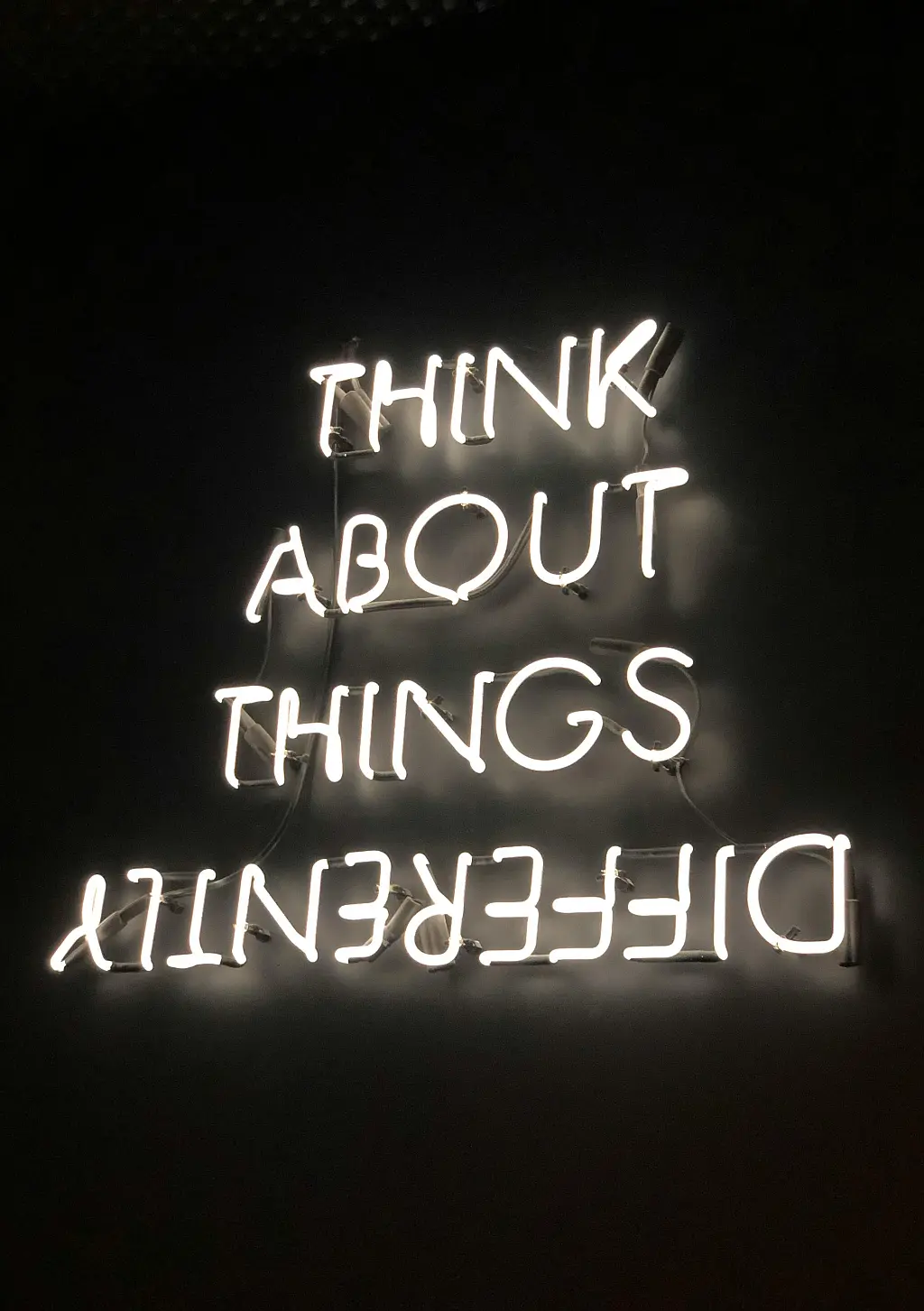
20 October 2015
Rogue Lawyer (2015)
Rogue Lawyer (2015): A Swift, Gritty Look at Justice on the Edge
Rogue Lawyer follows Sebastian Rudd, a defense attorney who operates out of a customized van and takes on clients others refuse. Grisham shifts from small-town legal drama to a darker, urban canvas where Rudd’s unconventional methods and moral flexibility highlight the flaws and corruptions of the legal system. The novel moves through a series of cases that interconnect, revealing both the human costs of crime and the complexities of defending those accused. Rudd is a sympathetic antihero: abrasive, principled in his own code, and willing to bend rules to give marginalized clients a fighting chance.
Character and Style
Sebastian Rudd is central: a former public defender with a complicated past, a devoted single father, and an attorney who rejects institutional constraints. Grisham writes with brisk pacing and clear prose, using Rudd’s pragmatic voice and the episodic structure to sustain momentum. Secondary characters — clients, cops, prosecutors, and victims — are sketched sharply enough to propel the plot and underscore ethical dilemmas without slowing the narrative. The book examines questions of vengeance, systemic injustice, and personal responsibility while delivering courtroom tension and suspense.
Themes and Moral Complexity
The novel explores how legal principles collide with street-level realities. Grisham interrogates the fairness of plea bargaining, the influence of money on legal outcomes, and the limits of institutional justice. Rudd’s choices force readers to weigh legal technicalities against human consequences, prompting reflection on whether strict adherence to rules always yields just results. The story neither simplifies nor sanctifies its characters; instead, it presents law as a contested space where right and wrong are often entangled.
Plot Momentum and Reader Experience
Rogue Lawyer balances courtroom scenes with action-driven episodes, maintaining a taut rhythm that appeals to readers who favor legal thrillers with tangible stakes. Grisham’s plotting keeps revelations paced across the connected cases, and the climax resolves key threads while leaving ethical ambiguities intact. For fans of legal dramas, the book is a compelling, accessible read that foregrounds character over legalese and moral questions over procedural minutiae.
Conclusion
Rogue Lawyer reaffirms Grisham’s strengths: engaging plots, courtroom tension, and characters who reflect contemporary anxieties about justice. It’s a novel about one man’s fight against a system that often fails the vulnerable, told with clarity, momentum, and moral unease.


